Shinigami San: "We are here, we are writing history"
''WE ARE HERE, WE ARE WRITING HISTORY''
Interview with SHINIGAMI SAN, May 2012

When did you start creating music?
I started off with guitar music. I bought a guitar and started playing in different bands. We played mostly rock and some heavy metal covers, through which I discovered blues, jazz and improvisation. Then one day a friend of mine brought me a hard drive, full of dub reggae music. Listening to dub was a kind of revelation for me – I realised sound engineers have become musicians, too, and that kind of freedom introduced me to electronic music and made me search things beyond the sound of my guitar. So I put my guitar into the corner and started experimenting with my computer. It took me almost three years of trying to finally produce tracks. But it would have never happened without certain artists that have changed my perception of music in general, e.g. Goldie or Autechre. Four years ago, a friend of mine called me on the phone and told me I had to hear some music, it was unlike anything I heard before – it was dubstep. So I listened to a lot of Vex'd, Milanese, Plastician and Digital Mystikz.
Is this when you made your album Toys?
I began working on the tracks in 2009, but it wasn't meant to be an album. I like to see it as a collection of music I produced in different periods of my life. It came about really naturally. One day, I was talking to Mattias from F4TMusic in Lyon, and he said I had enough quality music that we can compile an album, so we began sorting out what we thought was most representative of my work in general.
You currently live in Tunis?
No, I've been living in Paris for a year and a half now.
Do you play out in Paris?
Sometimes, yes. I'm still trying to get contacts to get some places to play out. In the period prior to my arrival to Paris, there was the revolution in Tunisia. I practically got disconnected from everything outside of the country, and for 8 months, I knew only what was happening in Tunisia. My album was the only way for me to connect, to send a message We are here, we are writing history.
How did your production look like during the revolution?
I didn't send my music to labels or anything. I just put out tracks on Soundcloud when I could, for the people to hear them. It was my expression, my way to say how I was living through the revolution. Some of it is noisy, some of it is groovy. Some tracks try to connect with the music from my country, but I really try to go with it carefully. I don't want to take this heritage and just use it for my purposes. I want to understand more things about it before I can really express myself with them.
Can you tell us something about the music scene in Tunisia?
Well, the metal scene in Tunisia began in the mid 90s. There were just a few bands, some played even without powerful amplifiers. It was really hard to get proper equipment to play with at all. But fifteen years later, there are a lot of bands, working on their own compositions, trying to find their identity, so it's really cool. On the other hand, proper electronic scene began later. It's interesting, because the metal scene and the electronic scene both began around Skndr from Hextradecimal label. This guy was one of the first people who started organising parties. For a few years, he wasn't living there, but when he came back, me, my friend Molsen (as E) and Skndr started organising parties. We called them Electro Party, and we emphasized the meaning of electronic music outside commercial waters; we played a lot of different genres, from dnb, IDM to breakbeat. In 2006, we played on the first electronic music festival in Tunisia, and two years later, I created a collective called World full of bass. We tried to carve out a specific genre in electronic music: we began with dubstep, but we spread to other bass-driven styles, while still maintaining a link to soundsystem culture. It all began with two DJs, but now there's like eight or nine of us, spreading the word about quality underground music. In the last two years, there have been many other collectives that started working in Tunisia, such as FRD or Waveform nights, all creating space for musicians and electronic music. Hextradecimal is linked with them all, keeping up the spirit.
Which artists are in this moment most innovative in your opinion?
I don't know if I can answer that questions in entirety. Sometimes it depends on the periods I find myself in... Sometimes it can be just a track that's really important, sometimes a whole album, sometimes a mix. But I try not to focus on albums or releases only – it has to be wider. For example, I spent the last three months listening to Anstam a lot, whose album is pure killer. I've also been listening to his early releases, which have a long-lasting value. I began listening to dubstep because there wasn't anything like it before. I listened to a lot of IDM, dnb, jungle, jazz and even classical music – and dubstep brought something really interesting in two ways; firstly, the emphasis on rhythm and vacuum, big spaces between sounds, which opens new ways of dancing and feeling music; the other aspect is sub bass, or just being exposed to a big soundsystem, big amount of bass frequencies. I'll always remember a sentence from Joe Nice in an interview where he said dubstep is a physical listening experience. And for me, it's not about the wobble or how violent you get with your sound, crushing everything in front of you – for me it's how you can get meditative with music. Even the slogan from DMZ was Come meditate on bass weight and this sentence represents everything about their music. For me, it's really about how deep you can go.
With your mix for Radio Student, you chose a different approach. What is the message behind it?
Well, something has changed in music for me. The mix I made for you guys is not techno, it's more about juke and footwork. I also included one of my newer productions, but left the older tracks out of the mix. It took me a really long time to make them, and Toys (the album) was really an end of a period for me, not a beginning. With this mix, I'm moving in new directions, and I'm happy that you can witness the transition.
More info:
Soundcloud
Discogs
Facebook
Electronic Explorations

Tracklist
01.Nastyfuckk - Machinedrum
02.Switch my style (NIKES VIP) - Lefty
03.House Ball - Wheez-ie
04.Deeper - KidLogic
05.MZD - Shinigami San
06.Carl Sagan The Man - Krampfhaft
07.Let There Be Rockkkkk - Traxman
08.Tell Me What You Need Bitch - Juke Ellington
09.Do U Wanna Fight - Africa Hitech
10.Set It - Dream Continuum
11.Juke the Ripper - Digi G'Alessio
12.Poppin' Off - Chadley
13.8 Bit Beauty - Slick Shoota
14.All The Things - Tha Pope
15.Stutter Ebony Edit - CRZKNY
16.I Wanna Go (Turn Back) - Romare
17.Star Wars - DJ Killa E
18.East District - Ital Tek
DOWNLOAD MIX
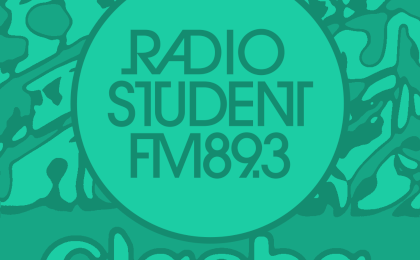
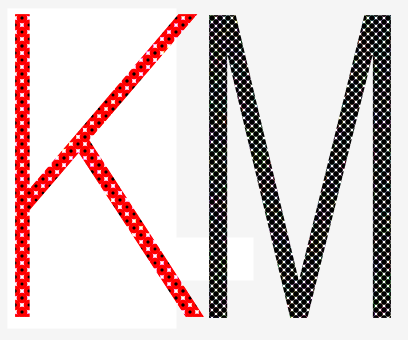
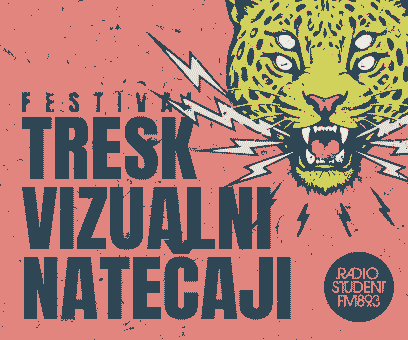

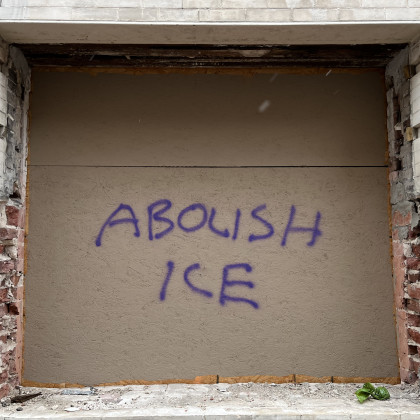
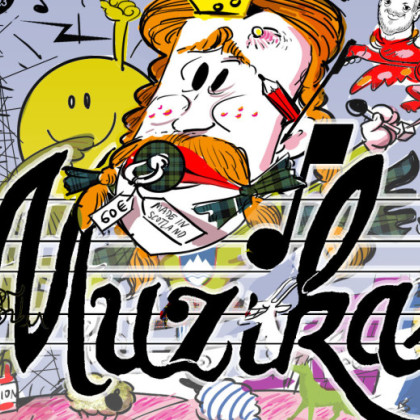
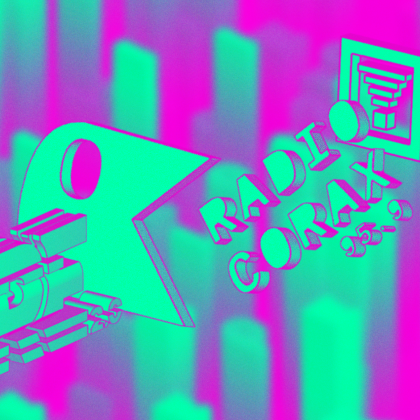
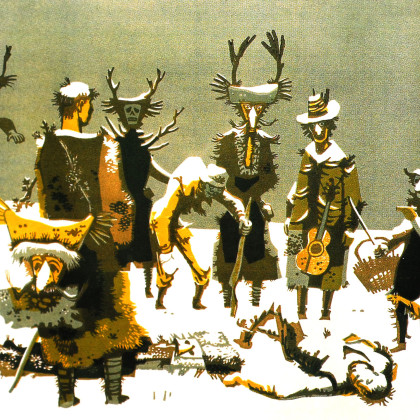

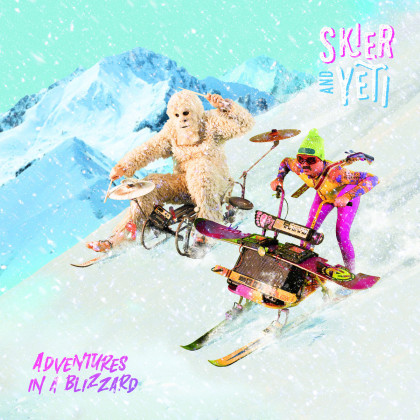
Dodaj komentar
Komentiraj